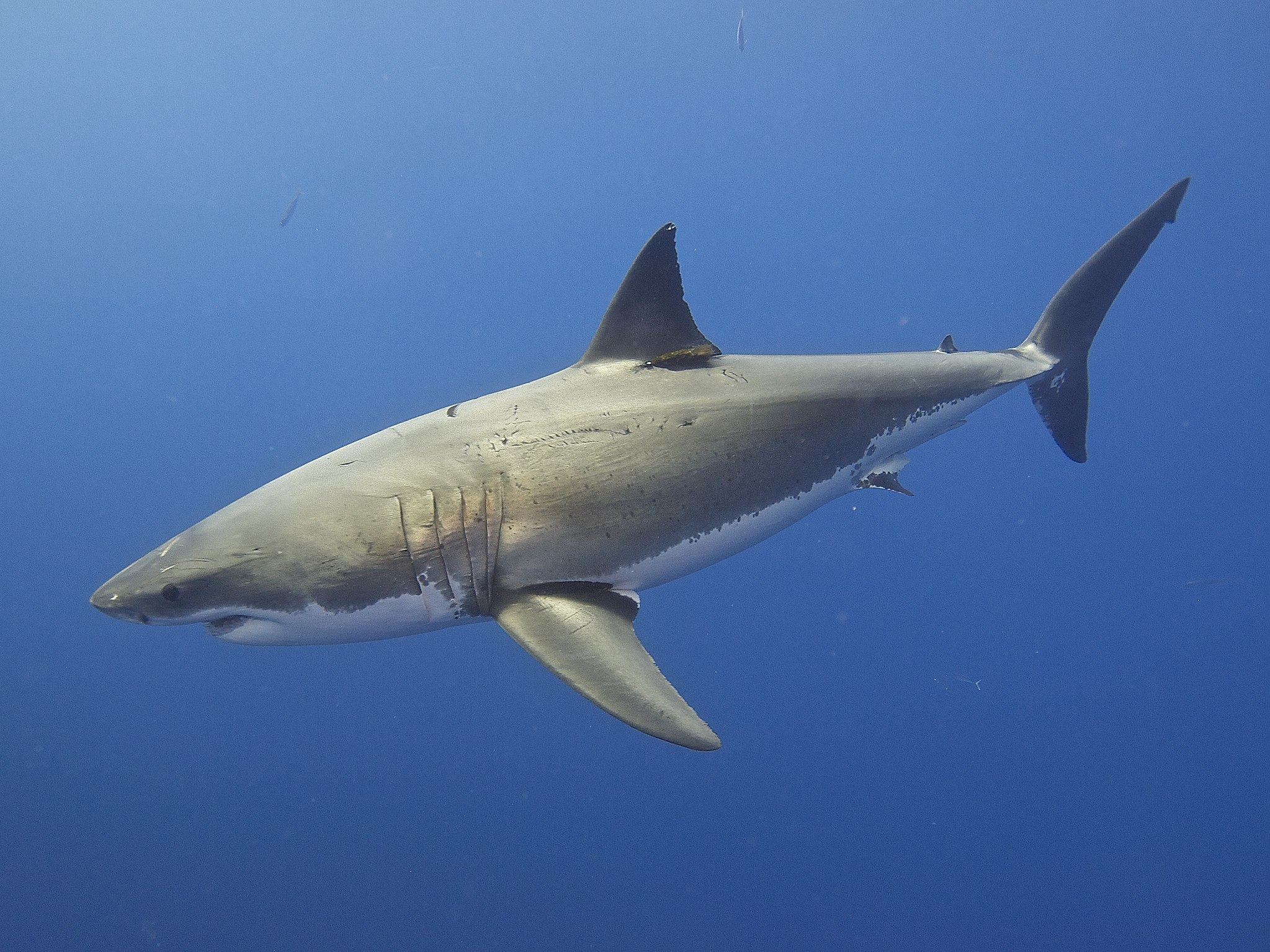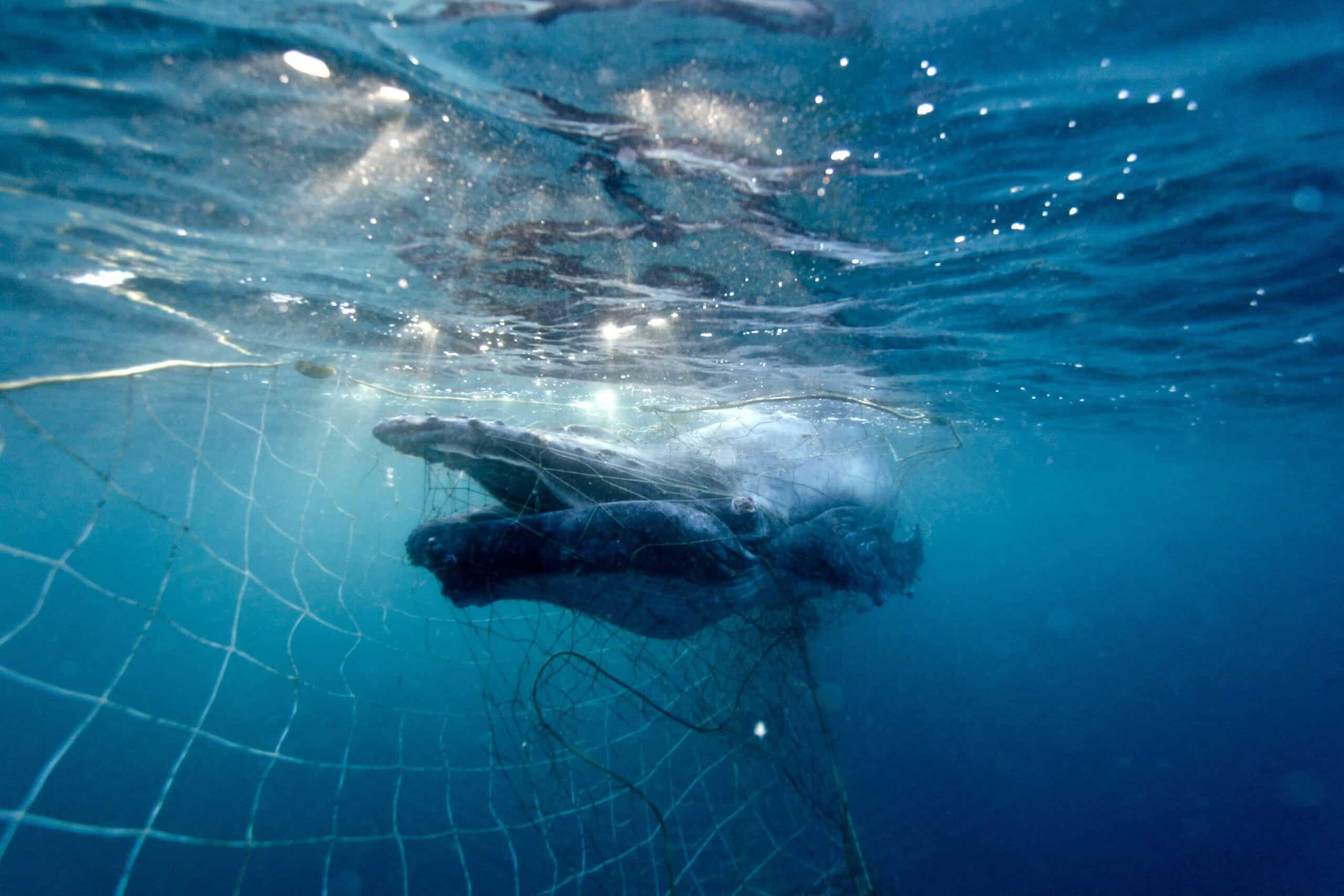Research shows that Australia’s great white sharks are highly related to each other and may consist of fewer than 500 breeding animals. SYDNEY, 24 June 2025: Latest research has found Australia’s great white shark population is much smaller than expected, increasing their vulnerability to further population threats. The population...
After much build up in the Japanese media, the Government of Japan has now tabled their aggressive plan to overthrow the global moratorium on commercial whaling at the 67th Meeting of the International Whaling Commission, which will be held in Florianópolis, Brazil this coming September. A lot of what Japan says to its national media in the run-up to this important meeting of nations is playing to their domestic audience; for example to reassure politicians with whaling constituencies that their government is taking a hard line. Now we have seen their formal proposal (published on the IWC website on July 12th), we can confirm that Japan is significantly upping the ante on its ambitions to open up full scale commercial whaling. So, let’s put these proposals in context and consider how they may play out.
In 1982, member nations of the IWC, the international body that oversees whale conservation and manages whaling, joined together to put into place a global ban on commercial whaling. Despite opposition from whaling nations, they achieved the necessary three-quarter majority required by the IWC and zero quotas were set for all the Great Whale species. It is these zeroed quotas for all the baleen whale species and the sperm whale that constitute the ‘moratorium’.
Under the International Convention for the Regulation of Whaling, the treaty which establishes the IWC and provides its rules, countries are legally allowed to take out ‘objections’ to decisions made by ¾ majority votes at the IWC. The effect of an objection is that a country is not bound by the decision. Some whaling nations took out objections to the moratorium, including Japan, although it later rescinded it. Instead, Japan chose to continue to kill whales abusing a clause in the Convention which allows for a take of whales for scientific purposes and, sadly, permits countries to set their own quotas for this purpose. In tabling their latest proposals, it seems Japan would like to ditch the scientific pretence and openly hunt whales for commercial purposes.

Experts believe that an endangered blue whale was killed by Iceland’s whaling operation recently. If correct, this would be the first blue whale deliberately harpooned in forty years.
The moratorium decision, which came into force in 1986, emerged directly from the abject failure of all previous attempts to manage whaling; nothing that went before had proven to be sustainable and whale populations crashed. It was (and is) simply too difficult to manage exploitation of such biologically vulnerable species with such high economic value out on the high seas, as more recent evidence of “cheating” (mainly under-reporting of whales killed) by whaling fleets in the 20th century has further illustrated. Additionally, in the years leading up to the IWC moratorium decision, there was a growing public recognition around the world that whaling was an unnecessary and cruel hunt of large sentient mammals.
Wind the clock forward some 30 years (more or less the lifespan of only one generation of whales) and there are signs that, for some populations, the drive for protection has been working. This is not true for all, of course, and some populations may never recover. Unfortunately, the notion of recovery gives new political ammunition to those who continue to advocate for commercially hunting whales. So, it is not surprising that Japan’s call to resume commercial whaling is linked to this broad claim of recovery and presented as part of the strategy that Japan will bring to the meeting in Brazil. Australians can fully anticipate Japan wanting to add recovering humpback whales to their Antarctic hunts; the much-watched animals which migrate up from the Southern Ocean along the Australian east and west coasts each winter. However, some degree of recovery alone cannot be seen as a sensible trigger for the resumption of whaling.
Japan’s strategy can be distilled into two main steps. First, Japan proposes to make a change to the IWC’s voting practices, so that votes on quotas, which presently require a 75 percent majority vote, can instead be passed by a simple majority (50 percent of those nations voting plus 1). Second, it proposes a mechanism that will allow commercial whaling quotas to be voted on and passed for whale ‘stocks/species’ by the simple majority, thereby destroying the moratorium. Step one should be ruled out from the outset as, it is written into the Convention text itself that decisions on quotas are to be determined by a ¾ majority of votes. The Convention text cannot be over-ruled and Japan is well aware of this and its proposal includes a ‘diplomatic conference’ of nations to try to take such revision forward.

Media in Japan is heavily reporting on the country’s plan to change the rules of procedure at the upcoming IWC meeting in Brazil. Image: Scott Portelli.
Whilst Japan’s strategy seems unlikely to succeed as stated, it could still bring considerable confusion and consternation into play at the meeting. As a threat it is not without power.
One press article, notes that Japanese government officials believe “this year is a unique opportunity for Japan”. It may be that they see an opportunity because this is a meeting where Aboriginal Subsistence Whaling quotas expire and must be renewed. ASW is the one form of whaling that the IWC still manages and is intended to recognise the ongoing nutritional, subsistence and cultural needs of certain indigenous peoples, such as the Alaskan natives of the USA. These quotas come up for approval every few years and, when they do, the IWC’s meetings become especially complex and fractious.
Perhaps Japan and its allies see opportunities for horse-trading at the Brazil meeting, as has been tried before. For example, if the United States wants an ASW quota for its native people, it might need to give Japan support for its proposals, noting also that Japan tries to argue that the situation of some of its coastal whaling communities should be seen as analogous to that of indigenous people.
The distinction between commercial and aboriginal hunts has become increasingly blurred, presenting sensitive problems where the rights of indigenous peoples bump into commercial whaling interests. Care needs to be taken to maintain these as distinct categories.

Year after year, Japan’s government-sponsored fleet has been trawling the world’s oceans to kill whales as a meat-gathering exercise, while trying to hoodwink the global public with a claim that it’s doing so for science. Photo by Alamy
One thing that the proponents of a resumption of commercial whaling seem to have conveniently forgotten is the absence of any agreed-upon management regime for the practice. So not only would they be saying to the rest of the world that it is fine to resume whaling as a money-making activity again, but also that it does not matter that we have made no progress in how to manage the hunting of whale populations. That is flatly wrong. Aside from the moral concerns of killing these highly sentient creatures, if history is any indication, any attempted resumption of commercial whaling clearly requires comprehensive and independent monitoring. Soon after the moratorium was agreed, IWC member nations did have meetings (mainly behind closed doors) to try to reach an agreement over what oversight would look like, but this process failed in 2006. One of the sticking points concerned who would pay for key elements like independent inspectors and DNA-registers; the whaling nations did not wish to bear these costs.
Japan’s recent statements and proposals can be seen as a battle cry, analogous to the haka famously used by the New Zealand rugby team at the start of an international game to instill fear in its opponents. In the IWC context, Japan wants to cause concern and perhaps confusion, and the opposing team in the IWC context also certainly needs to have all its players on the field,engaged and unintimidated.
When it comes to the defence of the global moratorium on commercial whaling, this is something of a moral imperative this year – the overthrow of the moratorium would lead to a return of widespread, cruel and un-regulated whaling. There is a significant threat that Japan might have more pro-whaling nations in its team when the party nations arrive at Florianópolis. Many lawyers will certainly be pondering what exactly a pro-whaling simple majority might achieve, but if they do have the numbers one thing is clear—the news for the whales will be very bad.
Please sign our letter to Federal Environment Minister Josh Frydenberg asking him to remain steadfast in opposition to commercial whaling.
Blog image: The Government of Japan has now tabled an aggressive plan to overthrow the global moratorium on commercial whaling at the upcoming IWC meeting in Brazil. Image: Mark Simmonds


